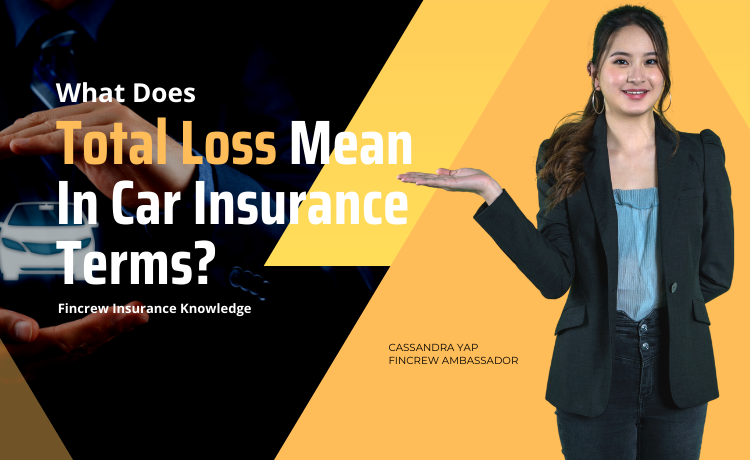When it comes to talking car insurance, most people find it very tedious. This is because the wave after wave of technical terms thrown at you all at once may be a bit overwhelming. Yet, it is essential to have at least a working understanding of some aspects of your vehicle insurance. One of the many important things you should know about is total loss.
What is Total Loss?
How does it happen, and what can you do about it? We’ll be helping you answer these questions and many more. Before delving any deeper, it is noteworthy to mention that a vehicle is generally considered a “total loss” under either of two circumstances. First, if the car is stolen. Secondly, if the vehicle has been in an accident and damaged to the extent of being rendered unusable.
View this post on Instagram
In this article, we will be dealing more extensively with the second scenario. An insurance agency will deem any vehicle involved in an accident a total loss if it has determined that the cost of repairing the car is more than the present actual cash value (ACV) of the car. What’s interesting here is that what represents a total loss differs from state to state. Each state adopts a different and somewhat unique way of determining what amounts to a total loss. For example, some states use the Total Loss Formula or TLF. Here, your vehicle is deemed a total loss only if the addition of the cost of repairs and salvage value is higher than the actual cash value of the car. On the other hand, some states adopt the Total Loss Threshold (TLT) method. In this case, the damage to the vehicle only needs to be greater than a determined percentage of the car’s perceived value for it to be considered a total loss.
Join Fincrew Official Youtube Channel
So what will happen to a total loss vehicle?
Should your vehicle be considered a total loss, and you concur with this assessment, you can choose to either keep the car or turn it over to your insurance company. If you’re keeping the vehicle, you would be getting less money as opposed to having your insurance company have it. If you believe that the vehicle isn’t a total loss, you can have the adjuster re-evaluate the vehicle with your proof at hand. In extreme cases, if you find you’re still not content, you have the right to bring in a lawyer to support your claims.
Before you can receive payment, if your vehicle is a “Total Loss”, the actual cash value of your car would’ve first been determined. The car’s ACV on top of other variables like the vehicle’s wear and tear, and so on will be calculated. After this, a value will be given to you by your insurer. If you consider that price acceptable, you will be paid immediately.
There you go! Now, you know virtually all there is to know about the total loss in car insurance.
View this post on Instagram






